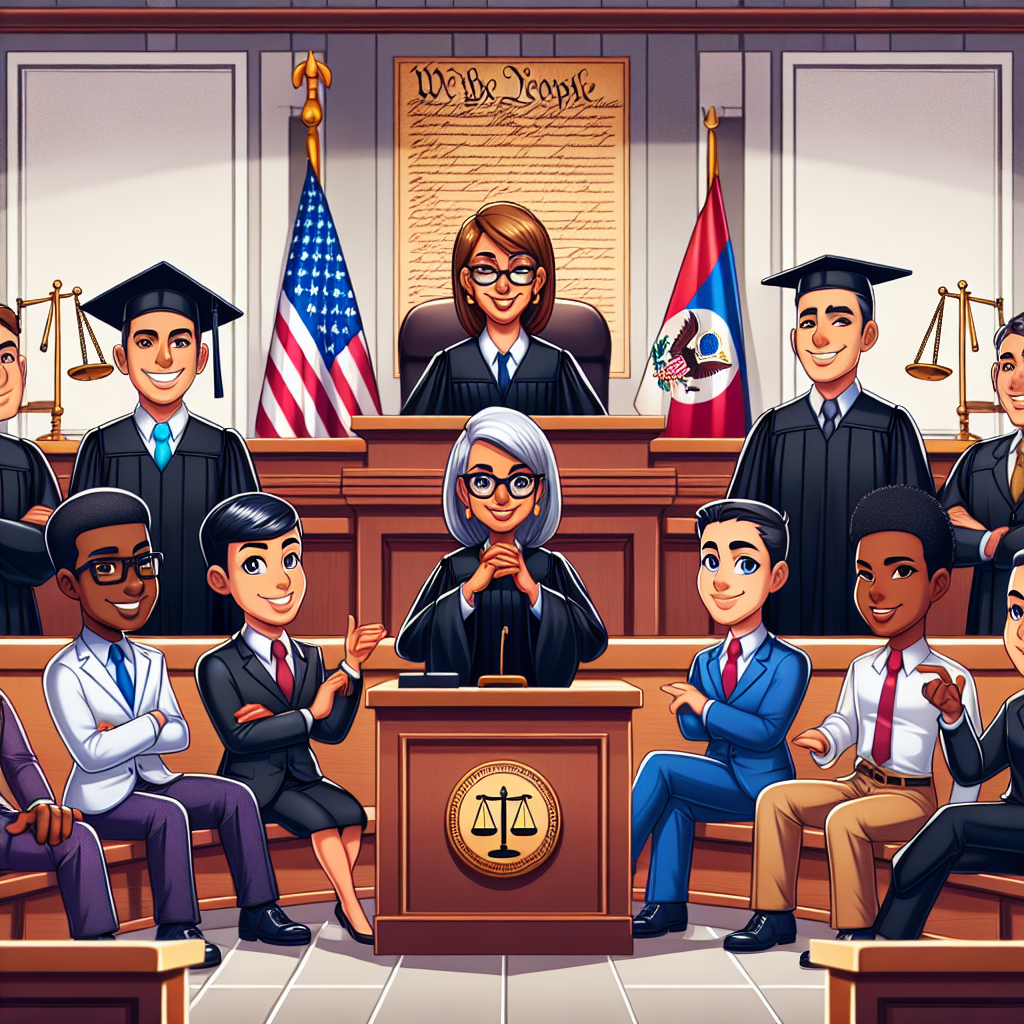Judiciary: Guardian of Human Dignity in India's Constitution
Chief Justice of India B R Gavai highlighted the judiciary's role in safeguarding human dignity, a cornerstone of the Indian Constitution. Speaking at the Dr. LM Singhvi Memorial Lecture, CJI Gavai emphasized that dignity links to various rights and remains crucial in the judiciary's interpretations and verdicts.

- Country:
- India
At the Dr. LM Singhvi Memorial Lecture, Chief Justice of India B R Gavai emphasized the judiciary's role in upholding human dignity, a fundamental aspect of the Constitution. He described dignity as a pervasive principle shaping the core values of liberty, equality, fraternity, and justice in the Preamble.
CJI Gavai stressed that human dignity is both a substantive right and a lens through which fundamental rights are interpreted, ensuring the Constitution remains relevant and responsive to societal changes. He cited various Supreme Court verdicts underlining the judiciary's commitment to protecting dignity across different societal groups.
Referring to historical and ongoing injustices, CJI Gavai noted that safeguarding dignity involves affirmative actions and equality-based interventions, while acknowledging Dr. BR Ambedkar's vision that enables such constitutional tools. He asserted that dignity is intrinsically linked to personal autonomy and choice, reinforcing the judiciary's role in a just society.
(With inputs from agencies.)
ALSO READ
GST 2.0: A Double Dose of Growth for India
Jaishankar Advocates Atmanirbharta Amid Global Changes While Celebrating India's Mathematical Legacy
Uma Chetry Replaces Injured Yastika Bhatia in India's Women's Cricket Team
Modi's Swadeshi Product Push: A Boost for Make in India
Celebrating Teachers: The Architects of India's Future










